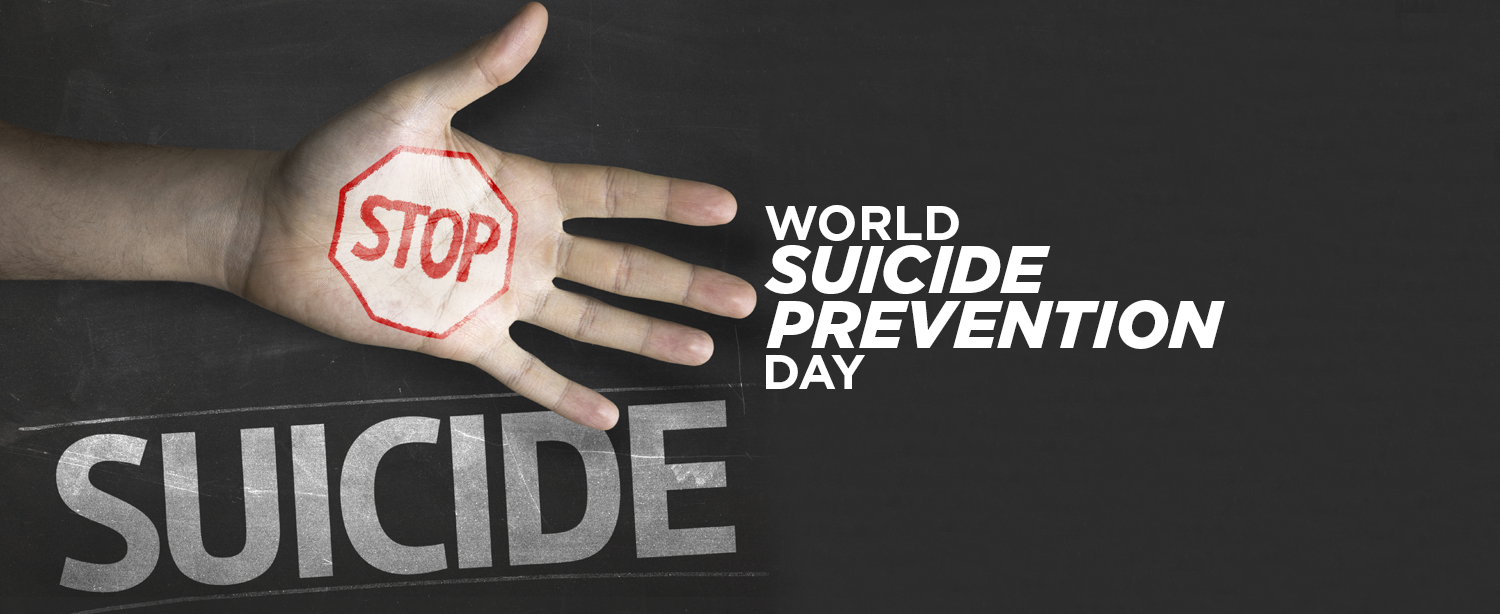10th September is World Suicide Prevention Day. Some suicides are planned much in advance while some are sudden acts out of frustration and anger. Statistics that for some suicides there are 25 attempts. That means a person may have suicidal thoughts for months and years before actually putting it into action.
“Suicide does not end the chances of life getting worse, it eliminates the possibilities of it ever getting better!!” — unknown author.
The last thing that most people expect is that they will run out of reasons to live. But if you are experiencing suicidal thoughts, you need to know that you’re not alone. By some estimates, as many as one in six people will become seriously suicidal at some point in their lives!
Suicidal people need help. Here some facts to know about suicidal thoughts:
- Suicidal thinking is usually associated with problems that can be treated.
- Clinical depression, anxiety disorders, chemical dependency, and other disorders produce profound emotional distress. They also interfere with effective problem-solving.
- Therapists and counsellors (and sometimes friends) can help you to see solutions that otherwise are not apparent to you.
- Suicidal crises are almost always temporary.
- Problems are seldom as great as they appear at first glance.
- Reasons for living can help sustain a person in pain.
- Do not keep suicidal thoughts to yourself.
If someone around you is feeling low or depressed watch out for these warning signs of suicide:
- Talking about wanting to die.
- Talking about feeling hopeless or having no purpose.
- Talking about feeling trapped or in unbearable pain.
- Talking about being a burden to others.
- Using alcohol or drugs more often.
- Exhibiting anxious, agitated or reckless behaviour.
- Sleeping too little or too much.
- Withdrawing from friends and wanting to be left alone.
- Showing rage or talking about seeking revenge.
- Displaying extreme mood swings.
- Having a plan for dying by suicide.
- Giving away belongings or getting affairs in order.
Warning signs aren’t always obvious… some people may talk about their suicidal thoughts/intentions, others may not.
Dows a friend or a family member shows suicidal signs? Here is how to act:
- Do not leave the person alone.
- Remove any firearms, alcohol, drugs or sharp objects that could be used in a suicide attempt.
- Talk to the person and convince him or her to consult a mental health professional.
- Get family and close friends involved.
Here are some ways how one should not react with a person who is suicidal:
- Suicide is a selfish and cowardly act.
- Think about how your death will hurt people.
- Other people have worse problems and don’t want to kill themselves.
- People who commit suicide go to hell.
- How can you think of suicide, things aren’t that bad.
Instead say things like:
- You sound upset, it seems that you’re frustrated?
- Show empathy instead of sympathy.
- I’m worried, how long this has been going on?
How to help prevent suicides:
Never agree to keep thoughts of suicide a secret. Sometimes instinct tells us we have to break confidentiality. Talking about suicide can provide tremendous relief and being a listener is the best intervention anyone can give. Talking about suicide will not cause suicide. When experiencing intense emotions, the person will not be able to problem solve. It is not your job to fix their problems. Listen, care, validate and be nonjudgmental.
If you or a loved one is struggling with suicidal thoughts, please contact the Psychiatry department at Kokilaben Dhirubhai Ambani Hospital. Timely help and intervention from a health expert can save a life. Please find below link:
https://www.kokilabenhospital.com/departments/clinicaldepartments/psychiatry.html


